Before Dragon Age: Origins hit shelves, two tie-in novels were released: Stolen Throne and The Calling. These centre around King Maric who, by the time the game takes place, has been missing at sea and presumed dead for five years.
In the game, it is strongly suggested that he was a philandering, entitled nobleman who got a serving girl pregnant and didn’t care when she died giving birth to his bastard son, Alistair. This goes unchallenged, and one of the few characters we hear say anything positive about Maric is Loghain – the villain who betrays us at the start of the game. No one suggests he was a bad king, but you definitely get the impression that he was a bad person or, at least, an uncaring one.
If you’ve read the books, you know this wasn’t the case at all. Maric never slept with a serving girl, and this story was used as cover to hide that the real mother – Fiona, a Grey Warden Maric travelled with – is an elf. Alistair is raised away from the palace to spare him the burdens of being a Theirin, as neither parent wants the throne looming over his head, nor the prejudice he would face for being elf-blooded.
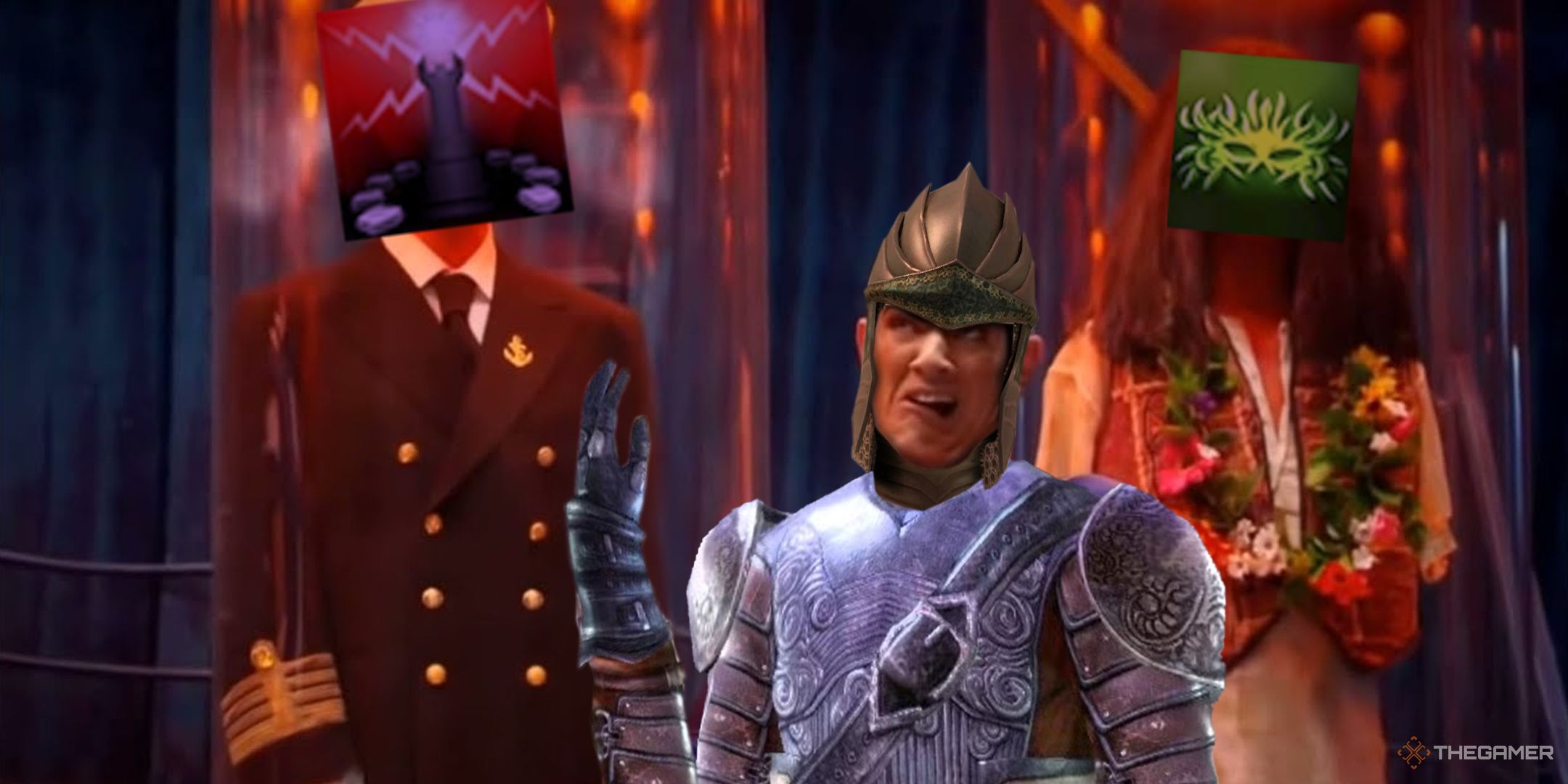
Related
Next Year, I Promise I Will Play A Different Character In Dragon Age: Origins
I’ve played the exact same Warden in Dragon Age: Origins for years. In 2025, I will finally make a different one. Maybe.
So, Maric and Loghain are the first protagonists in the Dragon Age series that we are ever introduced to – and Origins spits all over them. I do not mean that as a criticism. From the very start, Thedas was such a living, breathing world that it was full of secrets and lies born from oppression and social hierarchy. It showed so much care for the new setting, and respect for the fans who were exploring it for the first time.
And now, no one who touched these stories can ever tell a new one in this setting ever again. David Gaider, who authored the novels and led the series up until Inquisition, is long gone. Every single writer who worked on Origins, Dragon Age 2, and Inqusition is gone. Hell, even everyone who worked on The Veilguard’s story, which shipped three months ago, is gone too.
Forgive the cynicism, but Dragon Age as we knew it is over. And in admitting this, I can only pay respect to the writers who cared enough about the series to tell these stories, even when putting up with the worst publisher it could have had in Electronic Arts.
An Ode To Dragon Age Writers, Old And New
I have never worked at BioWare, so I can only base this on what is publicly known, but Dragon Age: Origins certainly feels like it had the least amount of interference. This bleeds into the confident and layered writing that somehow juggles the fact that the player can be of one of six backgrounds and respond to the events of the game completely differently from another.
But that’s only scratching the surface. Where to even begin with how genius Origins’ writing is? Characters can make different decisions based on what you say to them, and you have no way of knowing that this is happening. You can decide the ruler of the country, or have that decision taken away from you entirely depending on your earlier choices. You can accidentally fumble relationships, embarrass yourself in front of every noble in the country, or get someone killed based on dialogue options alone. So many things are working in the background. Ten years after my first playthrough, I’m still learning new things about the game and the different paths you can take.
None of this would have been possible without writers, and this utter love of the craft is best summarised in Gaider’s acknowledgements in Stolen Throne:
Thanks [cannot] be said without acknowledging the hard work that the Dragon Age
team has put into bringing this world to life. Each day I spend in the company of such visionary and creative people makes me more proud of what we’re creating. You guys have made my job that much easier.
Also, one last thank-you to BioWare for giving me such a fantastic opportunity, and for being the kind of game company that believes writing is something worth investing in.
The Dragon Age Team Was Punished For Its Success
So, how were the writers – and every developer on Origins – thanked for this beautifully vivid world they had created? By being given a little over a year to throw a sequel together. No, this wasn’t a punishment for anything the Dragon Age team had done. In fact, Origins sold more than three million copies in three months and received overwhelmingly positive reviews.
It might not have even solely been because EA wanted to capitalise on Dragon Age’s success. According to a recent video from BioWare veteran Mark Darrah, it was because Star Wars: The Old Republic was being delayed, and EA wanted a release to take its place in the financial year.
So begins the trend that continues to this day, where Dragon Age is dealt a bad hand because of factors completely outside of the teams’ control. And despite these issues, Dragon Age 2 told a wonderfully crafted story with some of the most memorable characters in the series. It might not have been the full story that the team wanted to tell, with Gaider calling it the “project of multiple regrets” due to time constraints, but it remains a fan favourite for what it did put on the table.
After jumping through this hoop, BioWare got started on Dragon Age: Inquisition. This had a much longer development time, launching three years after Dragon Age 2, but was held back by yet another EA mandate: it had to launch on PS3 and Xbox 360 too. Since it was developed with PS4 and Xbox One in mind, features had to be trimmed back.
I have previously spoken with one of the developers who was tasked with working on this port, Pat LaBine, who recounted just how much work had to be put into getting the game to run. “I tried to kill the legacy platforms [PS3, 360] when I first got on but that failed pretty quickly,” he told me back in 2021. “There were strong opinions that shipping on five platforms would be better sales wise than shipping on three.”
The team could initially only get the smallest level to load on a devkit. Even this wasn’t enough to get EA to can the idea, and after an unimaginable amount of effort, the team shipped Inquisition – the first Dragon Age game on the RPG-unfriendly Frostbite engine – on five different platforms. It had taken a lot of wrestling – and as we later found out, a lot of crunch – but we had yet another Dragon Age game that compromised to EA’s demands.
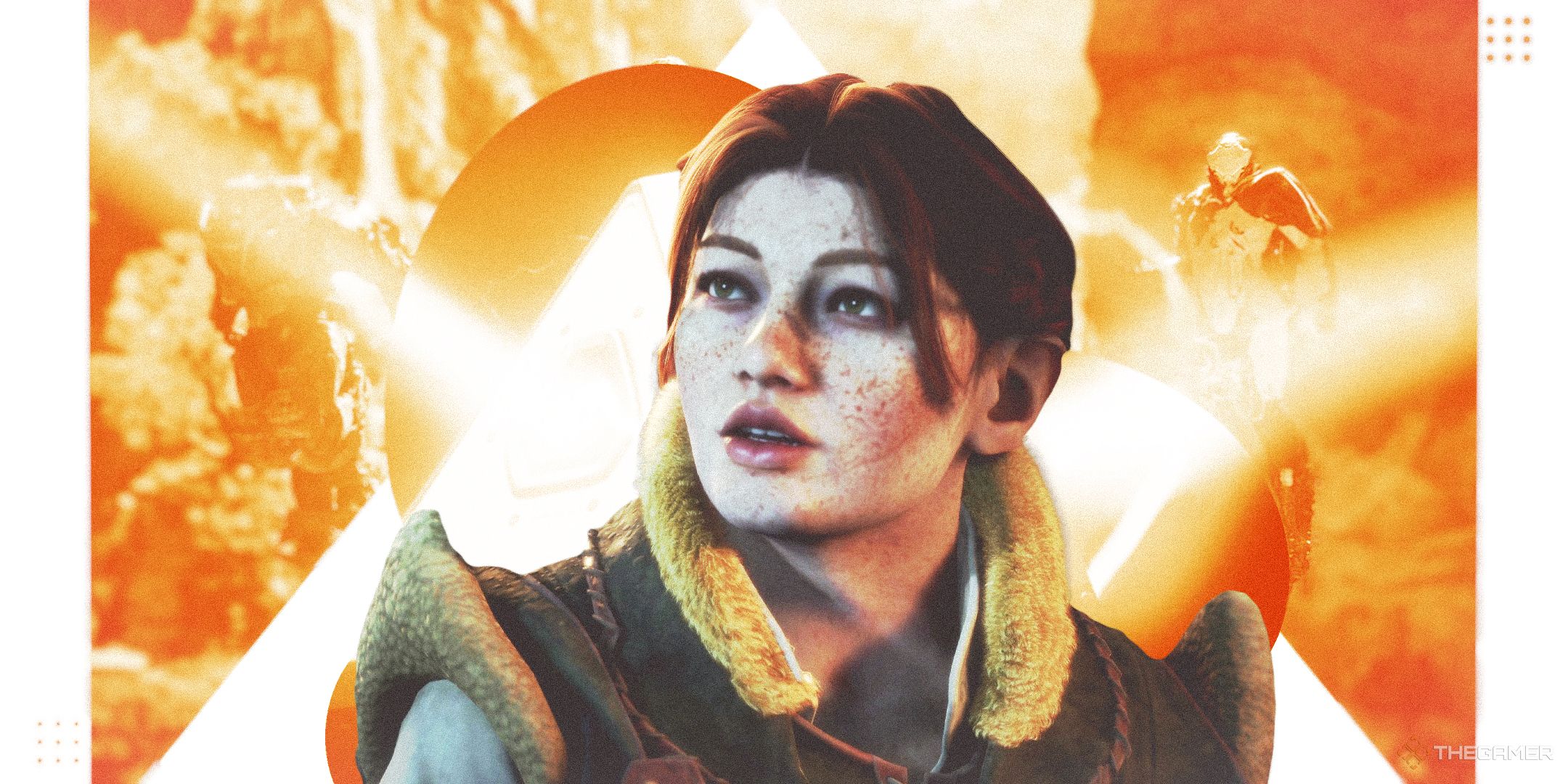
Related
EA Has Completely Misunderstood What Made Dragon Age: The Veilguard Underperform
It wasn’t that it was single-player, I promise.
This isn’t even accounting for the monumental task that the writers had in front of them. They now had to tell a new story that accommodated a huge range of player decisions. To list just a few of the top of my head, there are five different possibilities for Fereden’s leadership, multiple different love interests, and a bunch of companions who could have died in the previous games. Inquisition references all of these.
Once again, BioWare had done the impossible, and once again, it showed in the results. Dragon Age: Inquisition would go on to sell 12 million copies, according to Darrah. Work on a sequel was put into motion immediately, but as we now know, trouble would strike again before long.
EA Doomed BioWare Long Before Dragon Age: The Veilguard Launched
In a move that, in hindsight, appears to have sealed BioWare’s fate, EA decided that Dragon Age 4 had to be a live service. Darrah has now claimed that EA had envisioned Dragon Age as a “billion-dollar” franchise, so it’s possible that the series was a victim of its own success. EA saw a series making money, and perhaps felt this success was ‘wasted’ on a single-player release that it couldn’t shove full of microtransactions.
This disastrous direction wouldn’t be reversed until COVID-19 hit, meaning the Dragon Age 4 we got, Dragon Age: The Veilguard, had to be built from the foundations of this multiplayer game. And boy, does it show. There’s minimal reactivity to previous games, as you can only import three choices from Inquisition (there were more planned, as we can see in the game files). Our companions also seem way more into each other than they are the player character, which is perhaps a carry-over from a time when we were supposed to be talking to other players. But as many have already discussed, this is the least of the writings’ problems.
And yet, in this context, it doesn’t matter what you thought of The Veilguard. For what it’s worth, I did not like it much at all, as it strayed further away from the nuance of the series’ roots. In a healthy industry, I would be more critical of the writing team.
A new video from Mark Darrah makes this point, heavily suggesting that the issues with The Veilguard might not lie at the feet of those we’d expect.
However, I think I would also struggle to do my best work if I was trying to create a multiplayer game, then finagle that into a single-player title; not reference any events from the previous games, then reference some events from previous games, but then less events because we have to cut some; wrap up a story from ten years ago, but also bring in new players; appeal to older fans, bring in new ones so Dragon Age can be a billion dollar franchise… the list goes on. Simply put, with everything we know about EA, it’s not entirely clear who is at fault for the numerous issues I take with The Veilguard’s treatment of Thedas. That we even got a game is a miracle.
I predicted the route The Veilguard’s writing was taking before launch, when it was announced the world states basically would not exist. I concluded that one of the only ways to make this work would be for politics to take a backseat, and it very much did. Politics influenced everything and everyone in previous games.
Now, looking at the cut content, we know that BioWare tried to implement some world-state decisions, but scrapped them mid-development. This shows that the writers had the correct instincts, but perhaps lacked the time to make this work. If true, the blame is at EA’s feet for wasting their time with multiplayer experiments that went nowhere.
We don’t have many details on what really happened during The Veilguard’s development, although given the mass layoffs, we might not be too far away from seeing people speak out. However, it does feel fair to say that, once again, BioWare did the impossible. It shipped The Veilguard, and it reviewed well. After ten years and multiple cancelled projects, the team managed to throw a release together, and it worked. But 1.5 million players wasn’t enough, so EA threw the baby out with the bathwater.
For the first time in my ten years as a Dragon Age fan, I’m not looking forward to where the series is heading. Whether EA licences it out to another studio or keeps it on ice for a decade, it feels like the story has come to a bitter, whimpering end. Now, as I go back to the series’ roots and see all the care and passion that went into Thedas, I can’t help but think of what could have been without all of this interference. But most of all, my heart breaks for everyone who ever worked on the series, because they all deserved better than this.
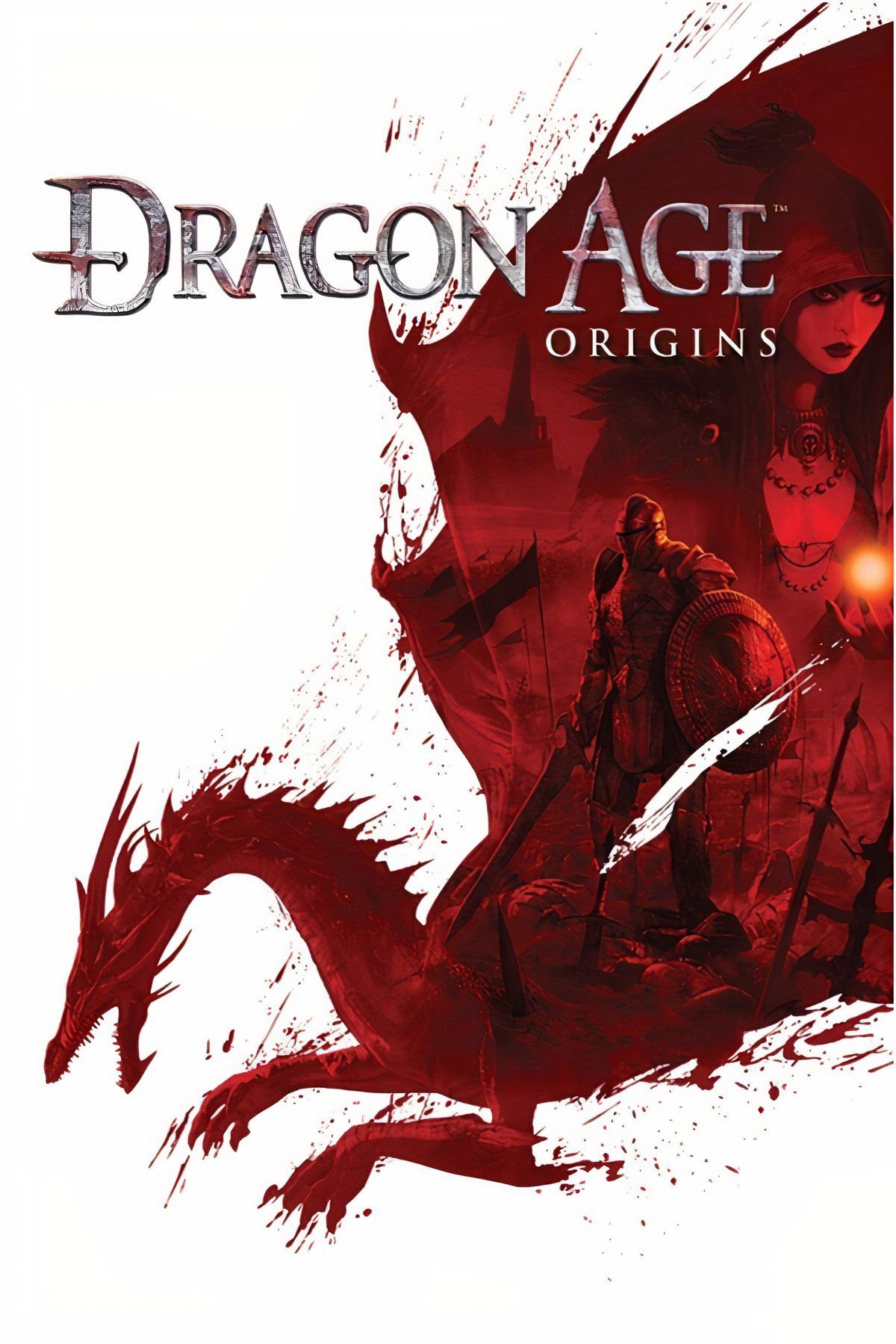
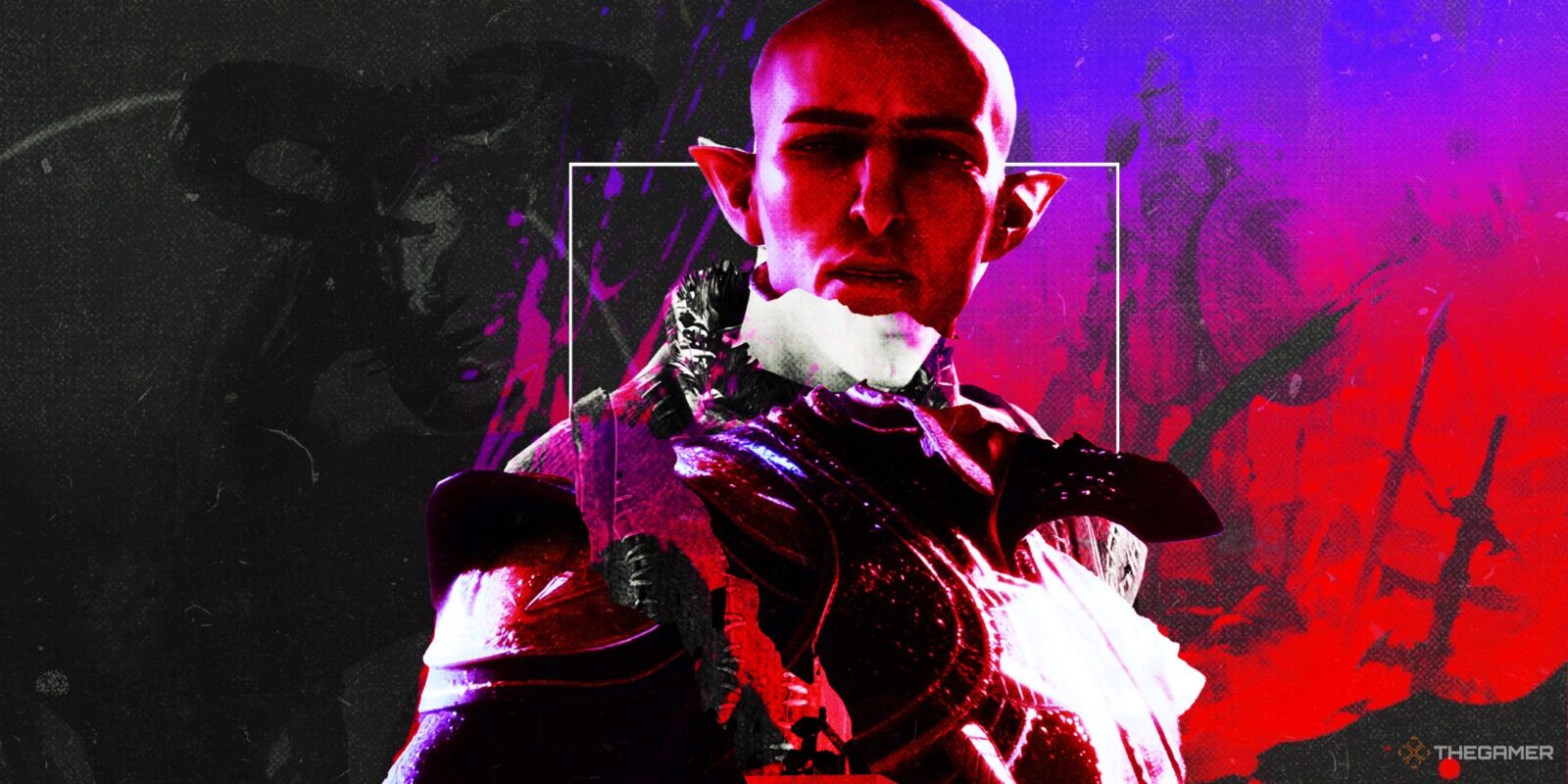
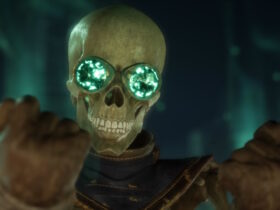
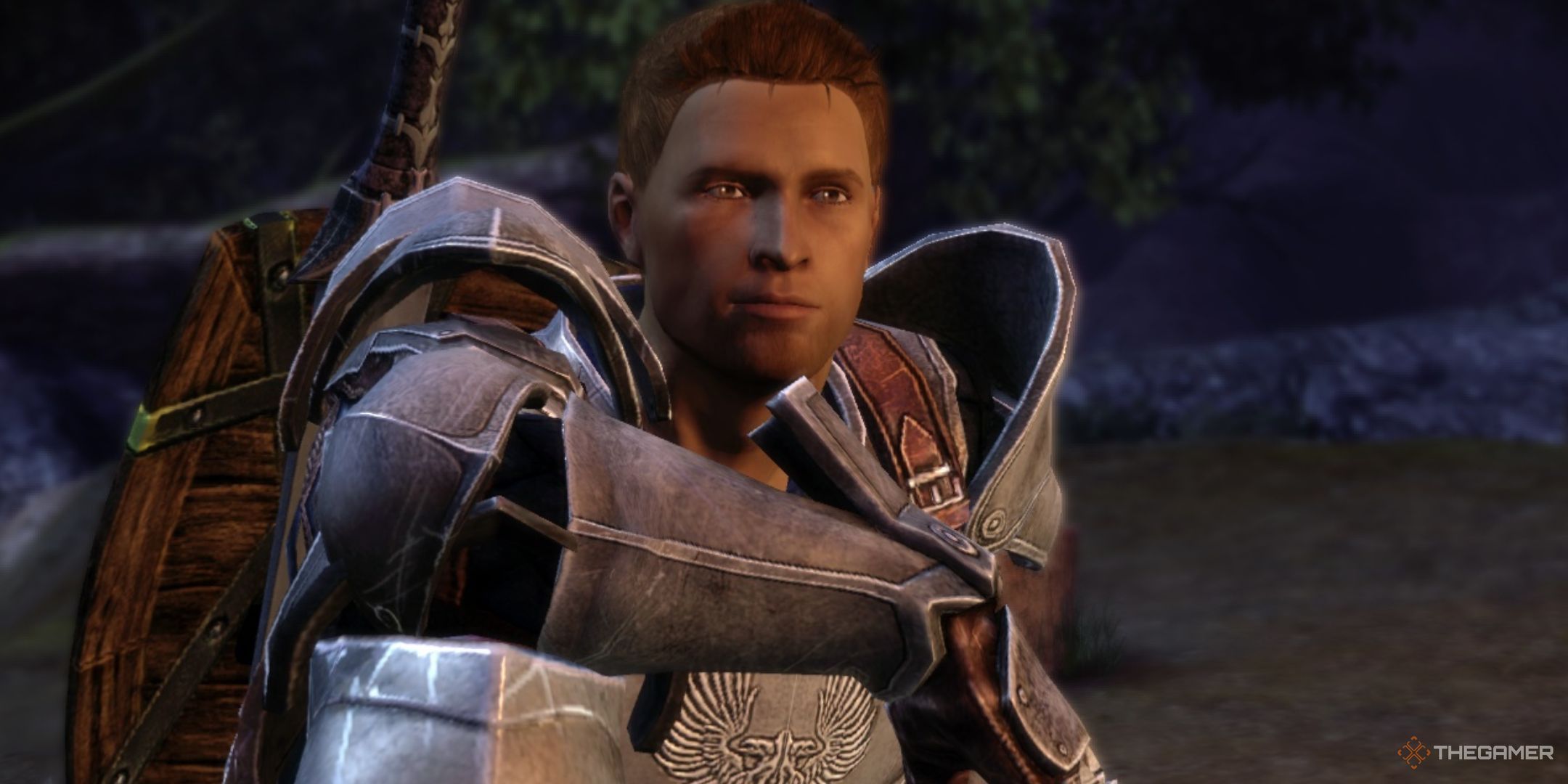
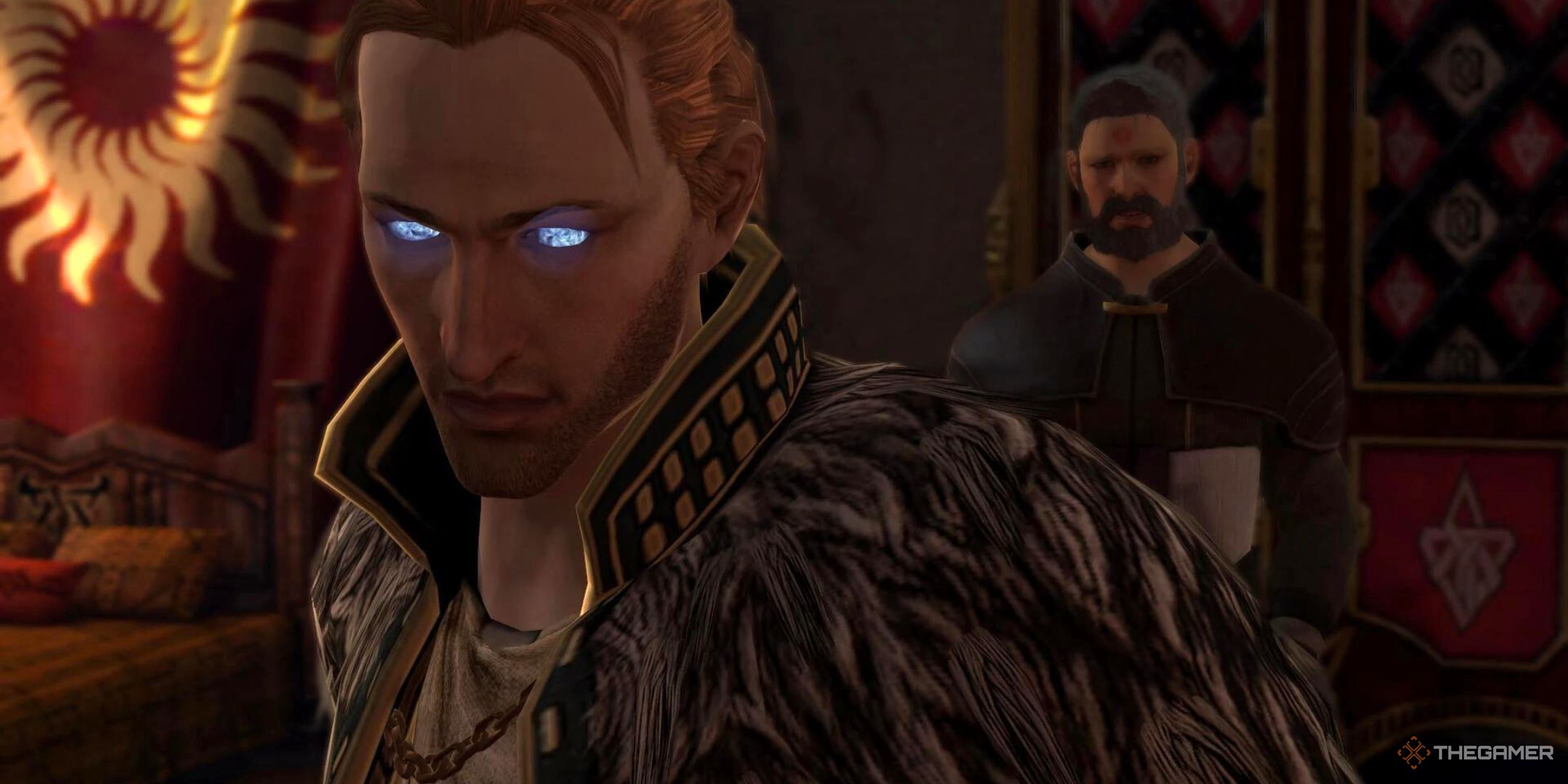
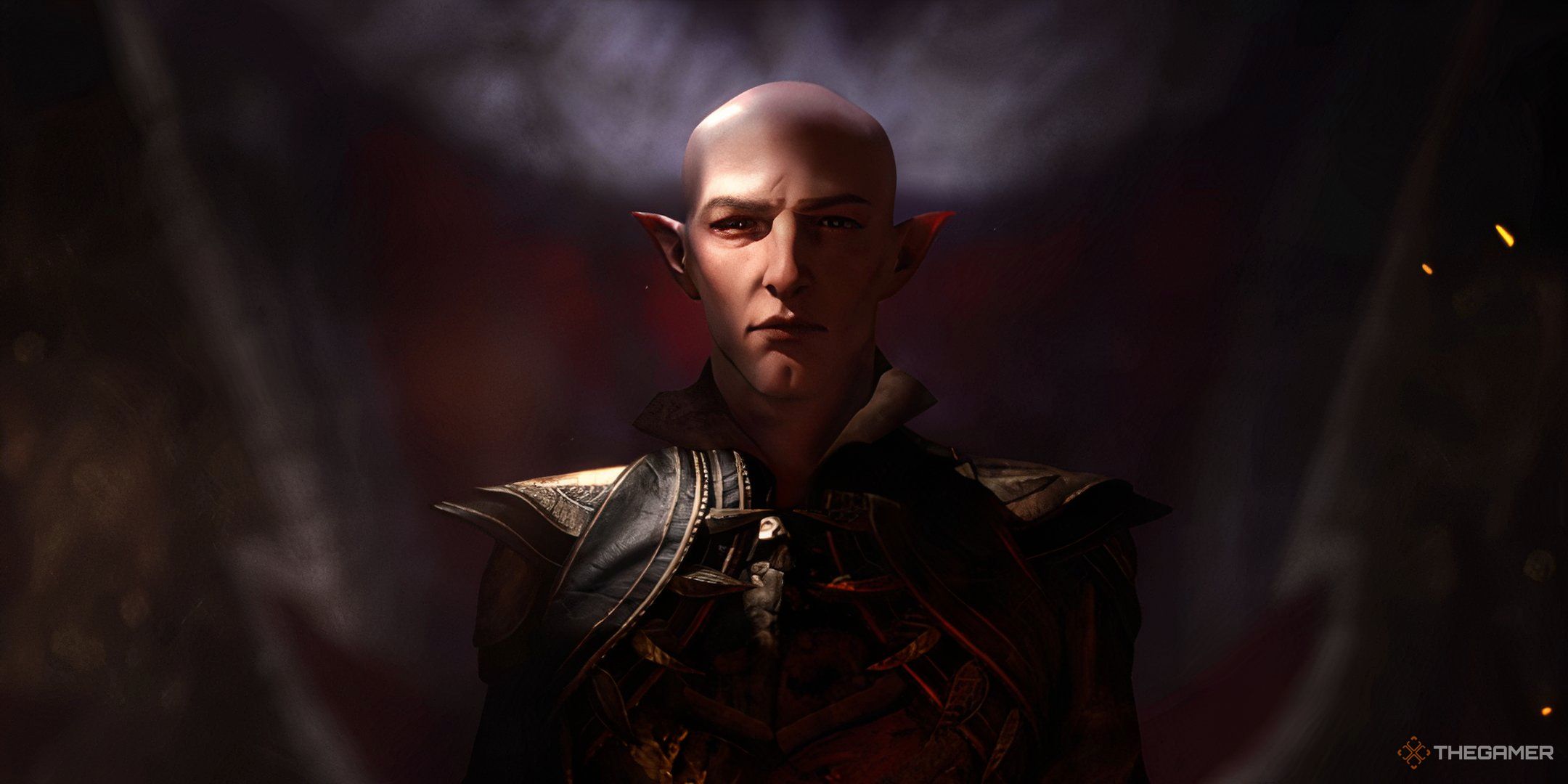




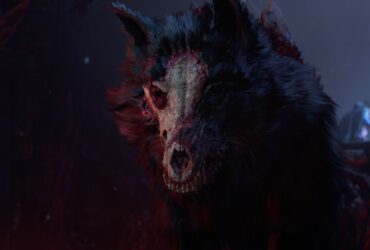


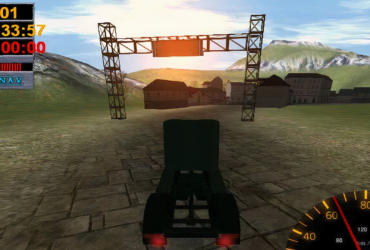
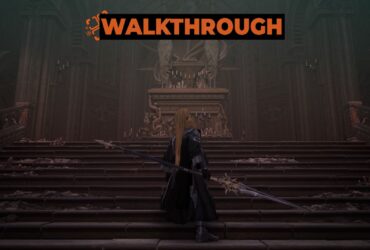
Leave a Reply